Nanoparticles have many applications. Nanoparticles can be used to increase agricultural productivity. Manufacturers of bionano fertilizer strive to produce the highest quality product. The best way to buy inexpensive nanoparticle fertilizers is to visit the nanoparticles fertilizer exporters around the world.
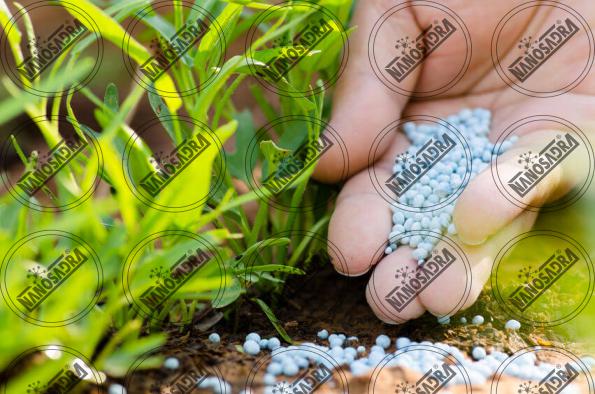
Nanoparticle-Enabled Smart Delivery Options
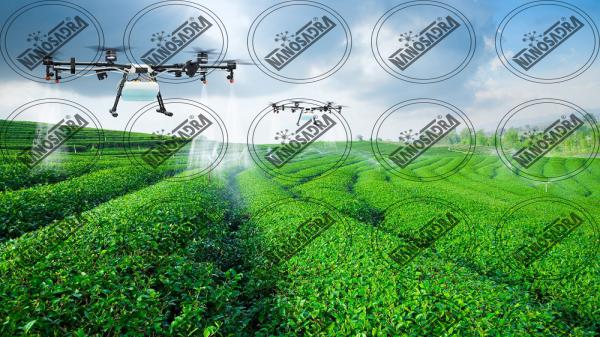 Fertilizer application plays a key role in increasing agricultural production. However, the overuse of fertilizers irreversibly changes the chemical environment of the soil and further reduces the surface area available for crop production.
Fertilizer application plays a key role in increasing agricultural production. However, the overuse of fertilizers irreversibly changes the chemical environment of the soil and further reduces the surface area available for crop production.
Sustainable agriculture requires minimal use of agricultural chemicals that can ultimately protect the environment and protect different species from extinction. It is noteworthy that nanomaterials increase the productivity of crops by increasing the efficiency of agricultural inputs to facilitate controlled nutrient delivery by the site, thereby guaranteeing the lowest use of agricultural inputs.
In fact, nanotechnology assistance in plant protection products has increased in appearance, which can guarantee increased productivity. In addition, the major concern in agricultural production is to accelerate the adaptation of plants to progressive climate change factors, such as extreme temperatures, water scarcity, salinity, alkalinity and environmental contamination with toxic metals without threatening existing sensitive ecosystems.
In addition, the development and operation of nanosensors in precision farming, to measure and monitor crop growth, soil conditions, diseases, agrochemical use and infiltration, and environmental pollution, significantly improve human control. Soil and plant levels, quality control and safety are guaranteed.
It contributes greatly to agriculture and sustainable environmental systems. Nanomaterials engineering is research that supports the advancement of agricultural fields by technology and by providing a broader level of ground for sustainable development of agricultural systems.
Increased Plant Growth with Hematite Nanoparticle Fertilizer
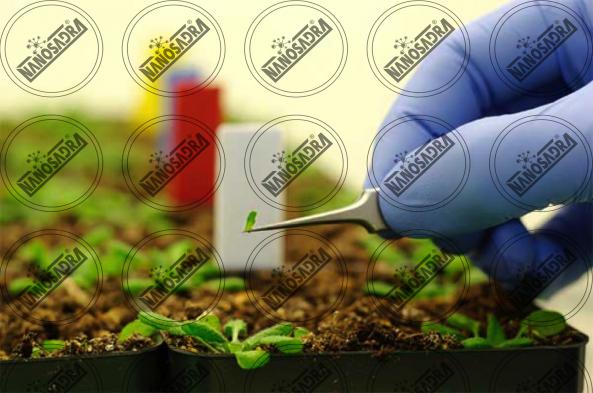 The application of nanotechnology in plant science, globally, is still nascent. However, the use of nanoparticles in plant science is one of the high potential studies, especially for conservation and production. However, their adverse effects (toxicity) due to the type of NATO or related concentrations on plants should not be overlooked. Applications of nanoparticles in plant science include weed control, pest and insect control, reduced use of chemicals and fertilizers, increased seed germination power, increased plant growth and biomass. This paper has attempted to summarize the application of important nanoparticles such as titanium dioxide, silicon oxide, silver and carbon nanotubes in plant science and the role they may play in plant production in the future.
The application of nanotechnology in plant science, globally, is still nascent. However, the use of nanoparticles in plant science is one of the high potential studies, especially for conservation and production. However, their adverse effects (toxicity) due to the type of NATO or related concentrations on plants should not be overlooked. Applications of nanoparticles in plant science include weed control, pest and insect control, reduced use of chemicals and fertilizers, increased seed germination power, increased plant growth and biomass. This paper has attempted to summarize the application of important nanoparticles such as titanium dioxide, silicon oxide, silver and carbon nanotubes in plant science and the role they may play in plant production in the future.
Nanotechnology: The new perspective in precision agriculture
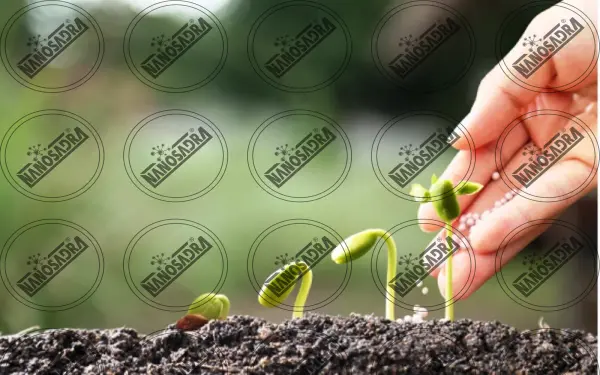 Precision farming helps to achieve the highest output of crop yields with the lowest inputs, which can be achieved by examining environmental variables and targeted functions.
Precision farming helps to achieve the highest output of crop yields with the lowest inputs, which can be achieved by examining environmental variables and targeted functions.
Precision agriculture refers to a method of crop management in which different units of agricultural land are managed with different levels of inputs, depending on the potential of the crop in the area in question. The benefits of this method of farming are:
- The cost of producing the product in the area is reduced.
- The risk of environmental pollution is minimized by the optimum use of nanoparticles as fertilizers.
Nanotechnology, as an interdisciplinary and pioneering technology in solving problems and shortcomings in many scientific and industrial fields, has well proven its position in the agricultural sciences and related industries. Nanotechnology is widely used in all stages of production, processing, storage, packaging, and transportation of agricultural products. Nanotechnology, with the help of new tools, is capable of transforming the food and agriculture industries and can use these tools to detect molecular behaviors of diseases, rapidly detect disease, and increase the ability of plants to absorb food. In the agricultural industry, intelligent sensors and systems can also be used to combat viruses and pathogens in agricultural products. In the near future, using nanostructured catalysts, increasing the efficiency of pesticides and herbicides, we will be able to reduce the volume of use of these materials.
Silver nanoparticles
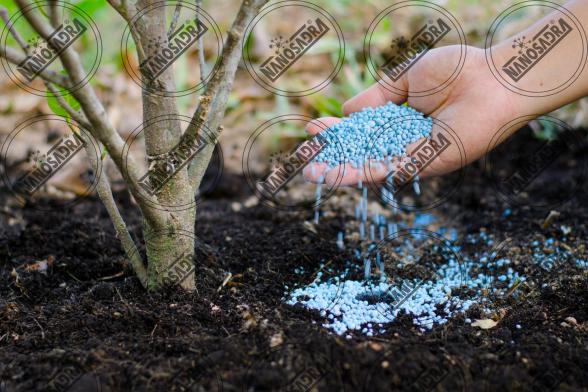 Metal oxides can also be produced on a nanoscale, such as silver nanoparticles. Nanoparticles exhibit different properties at the nanoscale. In these dimensions, the previous properties of the particle,
Metal oxides can also be produced on a nanoscale, such as silver nanoparticles. Nanoparticles exhibit different properties at the nanoscale. In these dimensions, the previous properties of the particle,
usually in the macro dimension, are usually more intense.
The application of nanoparticles in this field can be briefly mentioned:
- Applied
to body coatings of agricultural machinery, tools, and even glass to
increase corrosion and abrasion resistance and to reflect ultraviolet
waves. - Production of more robust mechanical components using
nano-cladding and biosensors in smart machinery for mechanical and
chemical weed control - Optimizing the amount and form of pesticides and spraying devices
- Production of nano-bearings to reduce friction
- Manufacture
of different engine parts for agricultural machines to increase
abrasion, corrosion, heat resistance and reduce friction. - Use of nanotechnology in the production of alternative fuels and less environmental pollution.

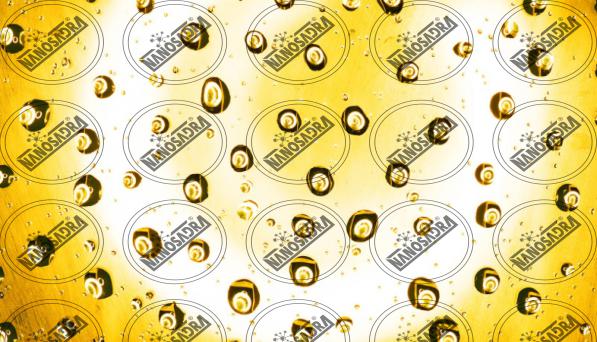
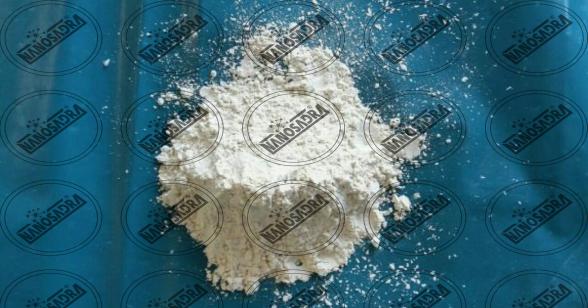
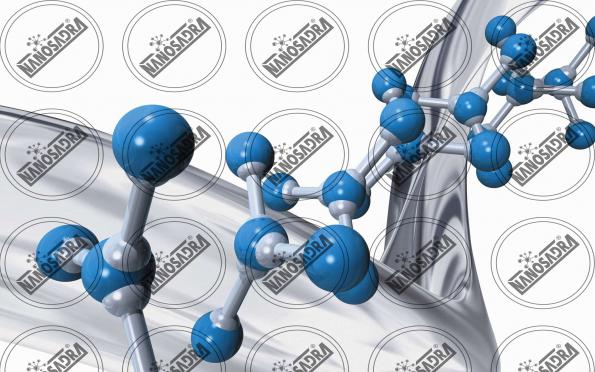
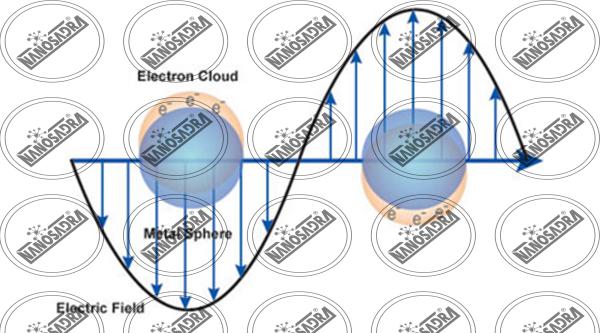
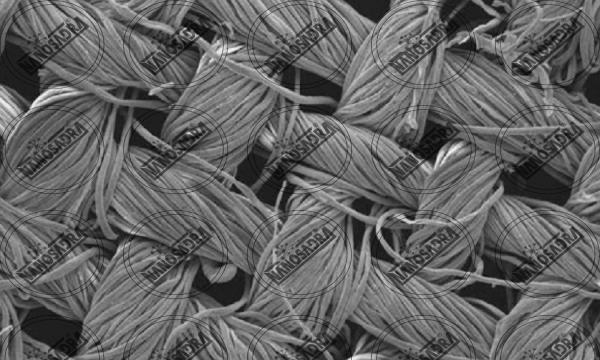
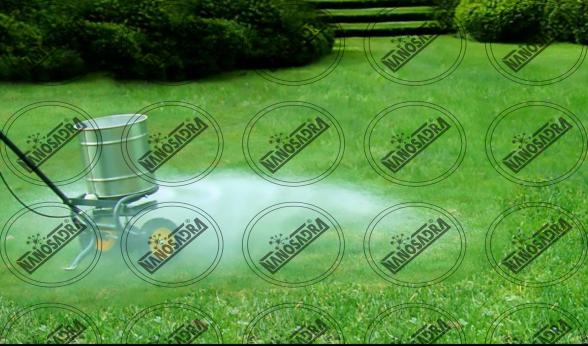
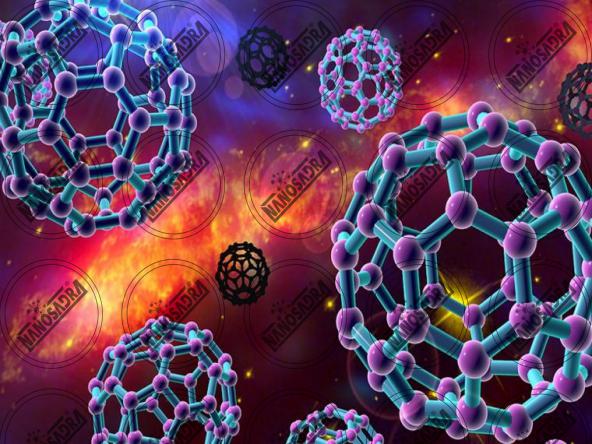


Your comment submitted.